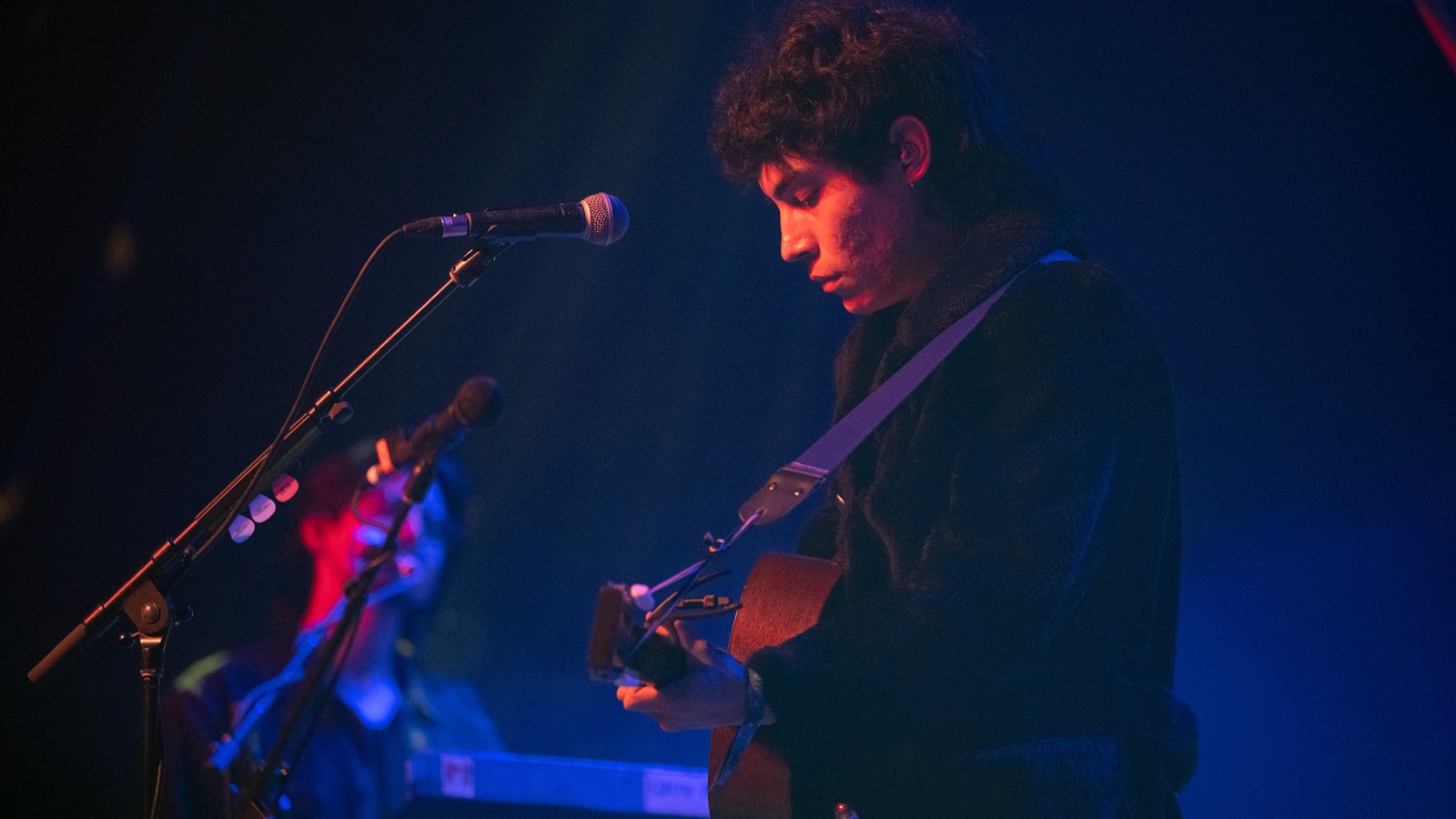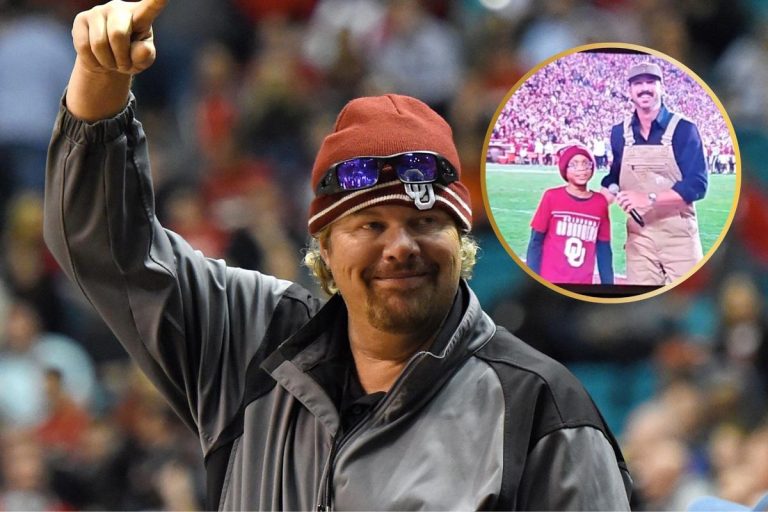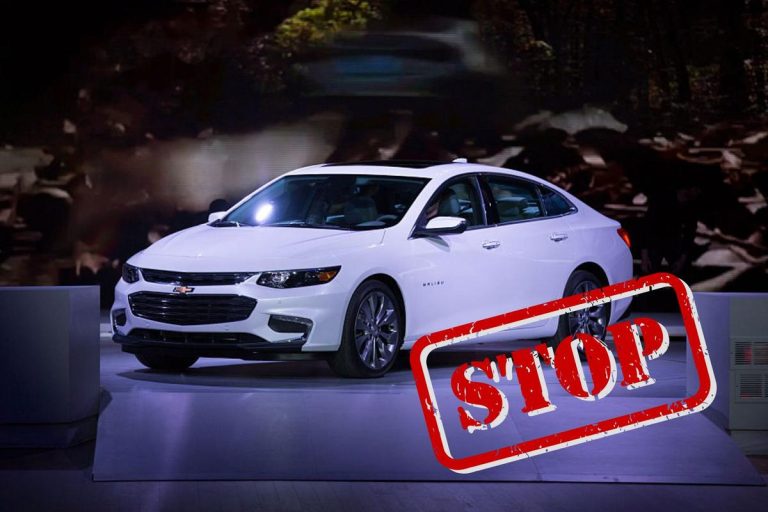To some people, there’s no one like Ed Maverick, the Mexican singer with a singular voice, able to share the deepest thoughts of his listeners through his unmistakable baritone. But ask Maverick himself and he just thinks of himself as a guy trying to make sense of his own feelings while keeping his music going.
“If I’m still alive and I’ve made the decision to keep on living — and there have been times when I didn’t want to be — I might as well push these ideas,” he says bluntly, speaking to Rolling Stone from his hometown in Delicias, Chihuahua. On his new album, La Nube En El Jardín, he’s stripped everything back and gotten more honest than ever.
Maverick, whose real name is Eduardo Hernández Saucedo, burst out of the sleepy town of Delicias, Chihuahua with a handful of stark, brokenhearted love songs that he wrote himself at age 16. He posted the tracks to YouTube — along with a few Jake Bugg covers — which soon gathered thousands of views. His 2018 debut LP, Mix Pa Llorar En Tu Cuarto, blew up thanks to songs like “Fuentes De Ortiz” — which boasts more than 455 million views now — and “Acurrucar,” leading to a major label deal and a move to Mexico City. Big tours and performances followed, but things took a turn.
Being thrown into the limelight at such a young age made Maverick question his place in the music scene. And then, just when he was breaking into the mainstream, the COVID-19 pandemic hit. Maverick threw himself into writing eduardo, the maximalist follow-up to his debut, punctuated by heavy overdubbing and use of effects to narrate how he had been dealing with his emotions. Released in 2021, the album expanded his musical vision and his career. He finally played Coachella in 2022.
But shortly after, he decided to shave everything down to the bone. In 2021, he started working on La Nube En El Jardín. Maverick had his studio setup and could work at his leisure. He described this period as “being in his physical comfort zone,” unlike the making of his previous album. “eduardo has a lot of introspection, a lot of drugs, and a lot of things happening,” says Maverick. “[For La Nube En El Jardín,] it was like getting up in the morning, having something on my mind, writing about it. After 15 minutes, I already had a new song.” He wrote about hanging out with friends, falling out with some while getting closer to others — ”just everyday things,” as he describes it. “It’s like nothing extraordinary happened to me, but I ended up writing about that.”
In a lot of ways, La Nube En El Jardín is a return to Maverick’s roots. The album stands out for its simplicity, a call back to his early days of making music. It’s almost exclusively voice and guitar, but it doesn’t feel like an imitation of what he did when he was a teenager. “I wrote the first album when I was 15 or 16 years old, and now I’m 23,” Maverick says. “I’d be ashamed if it wasn’t more mature. It would be very strange to write like I was still a kid. It was more like, ‘How can I say everything I want with just a few elements?’ The songs were so simple and they were coming along in a simple manner, so I thought they needed to be recorded as simply as possible. It’s more intimate this way.”
There are some flourishes that show his growth: the shoegazy guitar strums in “Violento,” the careful lyricism on “Valor De Más.” Overall, though, such a quiet approach unlocked a new sense of honesty for him. “From a writing point of view, it’s very helpful. If you have a song that you can play with just guitar and vocals and it works, that means it has great power.”
He had one idea that might be a challenge for listeners: He decided to make the whole album a single track so that listeners can’t skip songs. “I like the idea of making it a bit of a ritual,” says Maverick. “When I listen to vinyl, I have to dedicate time to listening to that album. I can’t listen to it in the background because at some point I’m going to have to stop doing whatever I’m doing to turn the record over. Modern life is forcing us to become multitaskers when we really might not be prepared to be so. So I wanted to challenge it a little bit.”
He notes that pop stars like Billie Eilish and Tyler, The Creator have expressed similar thoughts about their latest efforts and how they should listen to them. After the initial release, there will be videos and singles released off the album, ending with a “skip-able” release.
Maverick feels like this album marks a crossroads for him. “My music is very indie for the mainstream and very mainstream for indie, but I like it,” he says. “I feel like I’m connecting these two worlds. I spend a lot of time with friends who belong to the indie scene and I see a lot of their concerns, and I have the advantage of having this access to connect them with this other side.”
Part of Maverick’s new mindset comes from understanding his role in the music business more. He began to see that maybe there was more to what he does than just writing songs and singing on stage. “I started to think about [how] to take my artistic energy out in other places. I thought about how I didn’t understand many things about what managers or stage managers or audio engineers or promoters do. When I became aware of it, it was like, ‘Damn, this is very alienating.’ Now, at least I have a clue about what it’s like.”
One thing he took upon himself is starting Hoy Es Un Buen Día, his studio and label. Partnering with Mario Escobar, he opened the studio not only to work on his own music but also track some of his friends, including Seb Rodríguez and Niño Viejo. (They released their newest albums — Catarsis and amor, respectively — with the label.) Maverick wants to expand this endeavor. “I have my artistic side when I put on the Ed Maverick suit, and I take it off to pay back my peers by releasing their music. I’d like to work with artists who are still in the underground scene and who need a little push to go on the surface.”
He now realizes that making a living as a musician is occasionally giving the people what they want, and part of the deal are songs that brought him to attention in the first place. “If I were a carpenter and made furniture to sell and people really liked the furniture that I make, it makes sense that they’re going to ask me for the same furniture,” he says. “It’s cool to experiment with new furniture designs, but I can’t ignore people wanting what they already like from me. If I don’t take it into account, my clientele will go away.”
While the release of La Nube En El Jardín is a gamble, Maverick is no longer feeling the pressure to follow-up his past success. He says that if the album does numbers, it would be great because he can invest in his studio and label. But he’s fine if it doesn’t. He has a theory of why some songs become hits. ”It’s because many people come to an understanding of a single idea,” he says. “You can interpret it every which way. But when a song becomes popular, it’s like we all agreed with something.”




Leave a Comment